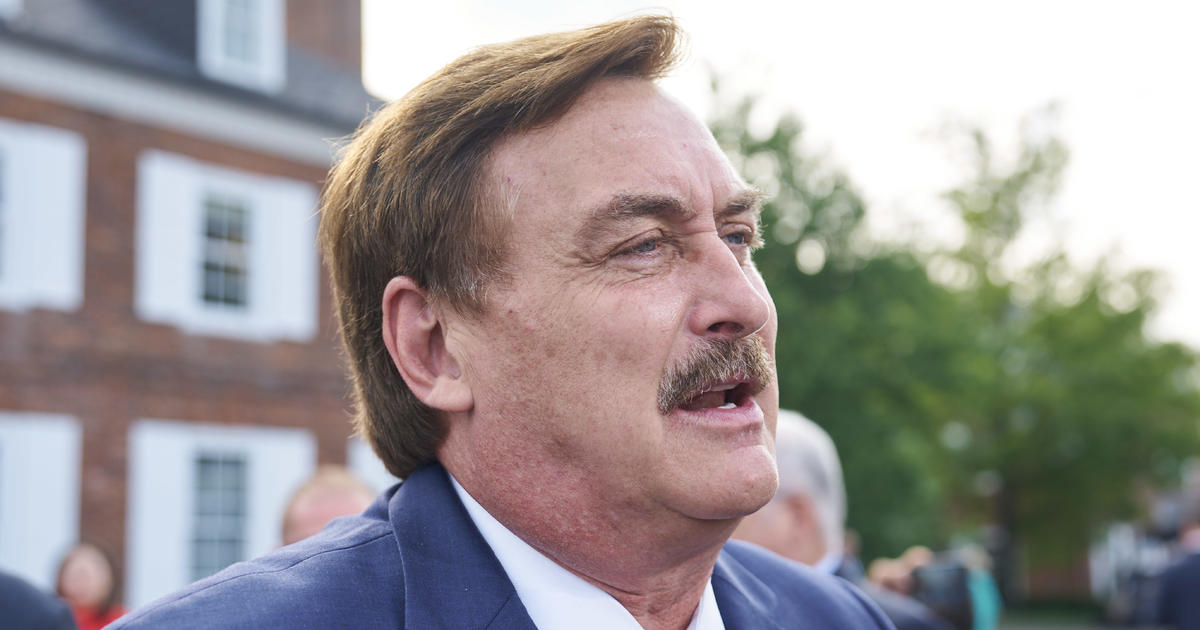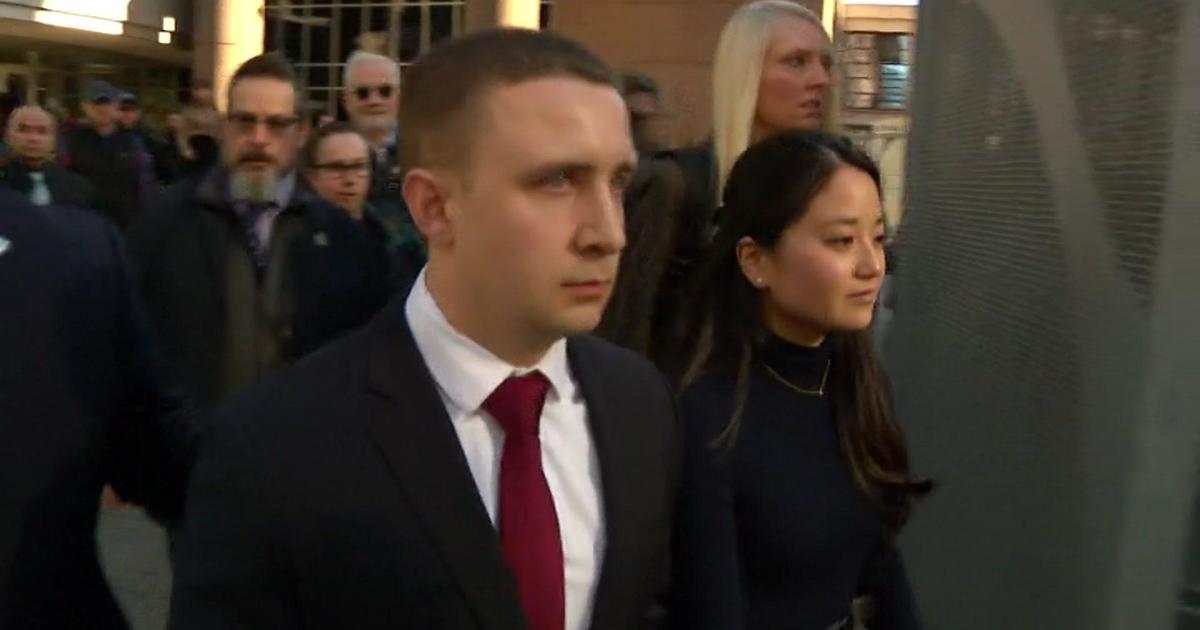Few Pardoned In Pawlenty Era Go On To Re-Offend
MINNEAPOLIS (AP) -- Minnesota Gov. Tim Pawlenty last month found himself explaining a pardon for a sex offender facing new charges of abusing a child, an unpleasant situation for a man flirting with a presidential bid. But a check of pardons granted during Pawlenty's eight years as governor found he's unlikely to face the same headaches as at least one of his rivals.
An Associated Press review of the 115 other people pardoned in Pawlenty's two terms found that none has been charged with a major crime in Minnesota since they were pardoned.
Clemency decisions have come back to haunt some other candidates. Mike Huckabee, the former Arkansas governor, was attacked on the issue in his 2008 run and likely would be again on the 2012 trail.
Pawlenty's vulnerability is far less. The extent became a question after Jeremy Giefer, 36, of Vernon Center, was charged in November with sexually abusing a child.
Giefer was pardoned in 2008 for a crime that dated to 1994: having consensual sex with his 14-year-old girlfriend. He was 19 at the time. The two later married. The new charges against Giefer allege that he sexually abused a girl more than 250 times over several years, starting when she was 9.
Pawlenty has since requested an investigation of Giefer for perjuring himself by proclaiming on his pardon application that he had been law-abiding. Pawlenty is also sheltered on the Giefer pardon by the fact that Minnesota's pardons are less sweeping than in other states.
Pawlenty doesn't make pardon decisions alone; he's part of a three-person board that includes the attorney general and the Supreme Court chief justice. During Pawlenty's tenure, the attorneys general both have been Democrats. The post of chief justice is considered a nonpartisan office.
Public reports and information obtained through open records law requests show that the Minnesota Board of Pardons granted 116 out of 259 applications for "pardons extraordinary" during Pawlenty's two terms. Those pardons have the legal effect of nullifying convictions but don't expunge the records. The board granted no absolute pardons during the eight years that would have swept offender records clean.
Except for Giefer, searches of electronic statewide court records found that no one who was pardoned in Minnesota from 2003 through this year has been charged with felonies or gross misdemeanors in Minnesota since receiving their pardons. Several have faced traffic violations such as speeding or failure to produce proof of insurance, and a handful have been charged with misdemeanor-level drunken driving. Searches of federal court dockets nationwide found no instances of any of the 116 being charged with federal crimes since their pardons, though in a few cases their names were too common to be certain. The review did not extend to any crimes charged in other states' court systems.
Pawlenty spokesman Bruce Gordon called the numbers "good news" but otherwise declined comment.
Former Attorney General Mike Hatch, a Democrat who sat on the pardons board during the first three years of the Pawlenty administration and lost the 2006 gubernatorial election to him, said he would have joined Pawlenty in approving Giefer's request if it had come up while he was on the board. He pointed out it was granted based on information available at the time, including the support of Giefer's victim-turned-wife.
"It takes guts and courage to vote for a pardon when you're a presidential candidate. . I think the board has nothing to be embarrassed about," Hatch said.
Former Chief Justice Russell Anderson, who was on the pardons board with Pawlenty for 2 1/2 years starting in 2006, declined to discuss specific cases. But he said the members hear "very powerful stories" from people who got into trouble when they were young and then straightened out their lives and made positive contributions to their communities.
"There's always the possibility when you extend mercy to someone that they may disappoint you, but that is not a reason for not extending mercy when the circumstances are right," Anderson said.
Most pardons the board granted from 2003-2010 were for nonviolent crimes, including theft, drugs, bad checks and welfare fraud , as well as some burglary, aggravated robbery and lower-level assault cases. People who commit gun crimes generally don't get pardons.
"We deal with these one human being at a time and there isn't anything political about it," Anderson said.
Clemency emerged as a potential land mine for candidates with the infamous "Willie Horton" TV commercial during the 1988 presidential campaign of Massachusetts Gov. Michael Dukakis. Horton, a convicted killer serving a life sentence without the possibility of parole, left prison under a weekend furlough program backed by Dukakis, then raped a woman after he failed to return to custody.
Huckabee, in more than 10 years as governor of Arkansas, had a role in pardoning or commuting the sentences of more than 1,000 prisoners, including Maurice Clemmons, who killed four Seattle-area police officers last year. Huckabee had made Clemmons eligible for parole. Huckabee was also the subject of an attack ad during his 2008 presidential run that criticized Huckabee's role in the release of convicted rapist Wayne DuMond, who murdered a woman after being paroled.
(© Copyright 2010 The Associated Press. All Rights Reserved. This material may not be published, broadcast, rewritten or redistributed.)



